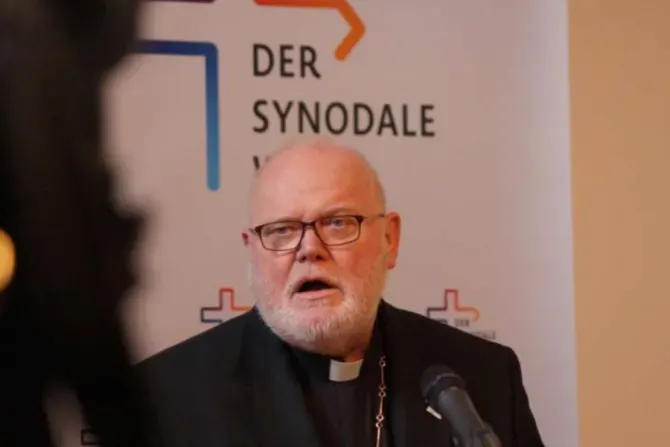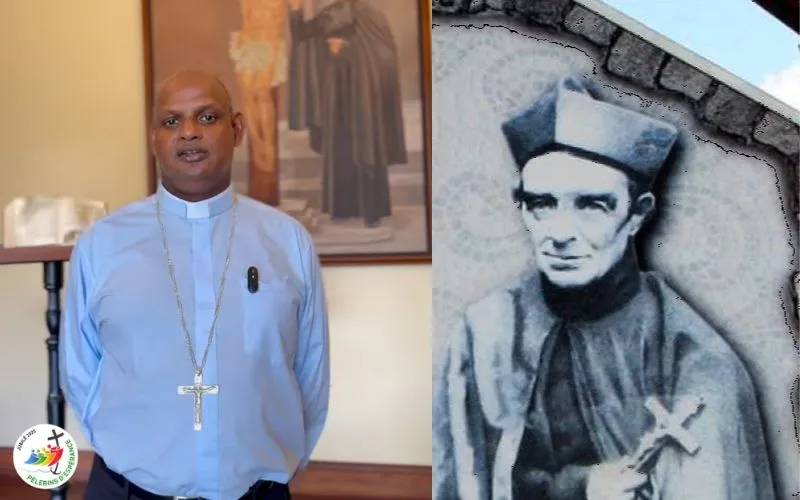“We are asked for a reform, which -- in this case -- does not consist in words but in attitudes that have the courage to put themselves in crisis, to assume the reality whatever the consequences may be. And every reform begins with oneself,” he said.
Pope Francis suggested there was an urgent need to “air out” the Church from the reality of abuse and how it has been handled.
“Let the Spirit lead us to the desert of desolation, to the cross, and to the resurrection,” he said. “It is the path of the Spirit that we must follow, and the starting point is humble confession: we have made a mistake, we have sinned.”
He said: “We will not be saved by the prestige of our Church, which tends to conceal its sins; we will not be saved by the power of money or the opinion of the media (so often we are too dependent on them). We will be saved by opening the door to the Only One who can do it and confessing our nakedness: ‘I have sinned,’ ‘we have sinned’... and weeping, and stammering as best we can that ‘depart from me, for I am a sinner,’ a legacy that the first pope left to the popes and bishops of the Church.”
In his letter to the pope, Marx, who has served as archbishop of Munich and Freising since 2007, had said that he hoped his resignation would “send a personal signal for a new beginning, for a new awakening of the Church, not only in Germany.”
(Story continues below)
In April, Marx asked German President Frank-Walter Steinmeier not to bestow the Federal Cross of Merit on him after an outcry among advocates for abuse survivors over the award.
He had been scheduled to receive the Bundesverdienstkreuz, Germany’s only federal decoration, at the Bellevue Palace in Berlin on April 30.
Marx said that he did not want to draw negative attention to other award recipients.
In February 2020, he notified German bishops that he would not stand to be elected to a second term as chairman of the German bishops’ conference. He was succeeded in the post by Bishop Georg Bätzing of Limburg.








